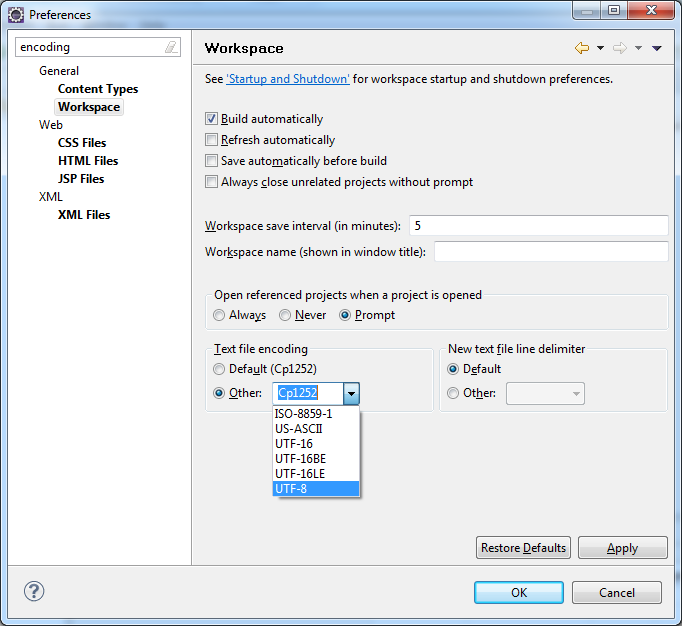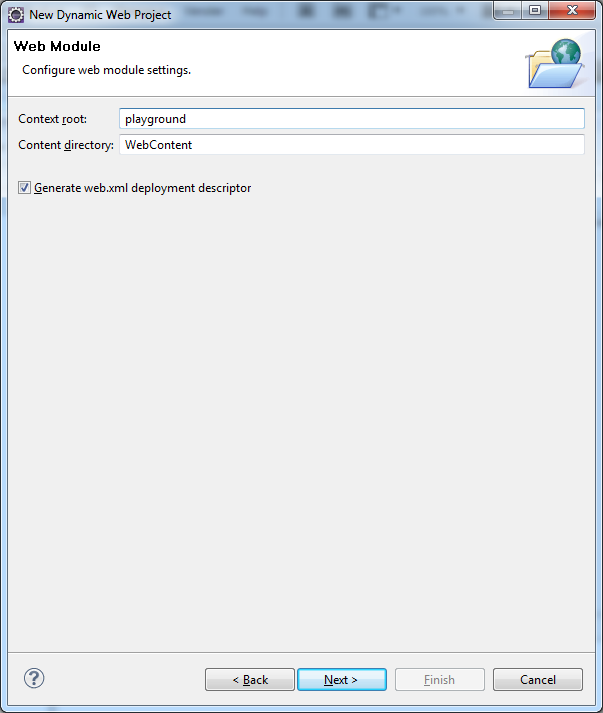
In this mode, grep evaluates your PATTERN string as an extended regular expression (ERE). By default, grep prints the matching lines.Īlso, three variant programs egrep, fgrep and rgrep are available:

Grep searches the named input FILEs (or standard input if no files are named, or if a single dash (" -") is given as the file name) for lines containing a match to the given PATTERN. Grep is a powerful tool to help you work with text files, and it gets even more powerful when you become comfortable using regular expressions. Here, we also got a match from the phrase " our fine products". Let's run the command with this regular expression, and see what additional matches we can get: And because we're specifying the -i option, " OUR PRODUCTS" and " OuRpRoDuCtS will match as well. For instance, " our amazing products", " ours, the best-ever products", and even " ourproducts" will match. *" will match any number of any character. It means "any character that appears in this place will match." The asterisk (" *") means "the preceding character, appearing zero or more times, will match." So the combination ". ") is interpreted as a single-character wildcard. We can specify this PATTERN instead: "our.*products". Let's say you want to find every occurrence of a phrase similar to "our products" in your HTML files, but the phrase should always start with "our" and end with "products". Regular expressions use special characters in the PATTERN string to match a wider array of strings. (That's what the "re" in "grep" stands for). The true power of grep is that it can match regular expressions. Using regular expressions to perform more powerful searches Notice that the directory name is included for any matching files that are not in the current directory. Let's change our FILE name to an asterisk (" *"), so that it matches any file or directory name, and not only HTML files: We can extend our search to subdirectories and any files they contain using the -r option, which tells grep to perform its search recursively. Notice that each line starts with the specific file where that match occurs. When the command is executed, the shell expands the asterisk to the name of any file it finds (in the current directory) which ends in ". Instead of specifying product-listing.html, we can use an asterisk (" *") and the. If we have multiple files to search, we can search them all using a wildcard in our FILE name. Searching multiple files using a wildcard Using the -i option, grep finds a match on line 23 as well. What if "our products" appears at the beginning of a sentence, or appears in all uppercase? We can specify the -i option to perform a case-insensitive match: Performing case-insensitive grep searches Our matching line is prefixed with " 18:" which tells us this corresponds to line 18 in our file. If we specify the -n option, grep will prefix each matching line with the line number: It will be even more useful if we know where the matching line appears in our file. Viewing line numbers of successful matches If we use the -color option, our successful matches will be highlighted for us: For more information, see: Regular expression quick reference.

Other characters have special meanings, however - some punctuation marks, for example. In the above example, all the characters we used (letters and a space) are interpreted literally in regular expressions, so only the exact phrase will be matched. If the locale of your console is something similar to en_US.UTF-8.Īnd I am talking about the shell because it is the one that transforms a string into what the application receives.The PATTERN is interpreted by grep as a regular expression. It may not be obvious but in utf-8 it is represented by 0xe0 0xa4 0x85: $ /usr/bin/printf '\u0905' | od -vAn -tx1 It should be obvious that \U0905 is 0x09 0x05 in UTF-16 (UCS-2, etc)
#Grep special characters code
However, that character, which comes from a code point number could be represented by several byte streams depending of which code page is used. In bash (installed by default in Ubuntu), or directly with the program at: /usr/bin/printf (but not with sh printf), an Unicode character could be produced with: $ printf '\u0905' That character is U0905, part of this Unicode page, or listed at this page. The character at U-0900 is not the one you used: अ. I believe that what you mean to say is the hexadecimal UNICODE code point: U0905. The "hexadecimal" value 0x0900 you wrote is exactly the value of the UNICODE code point which is also in hexadecimal.


 0 kommentar(er)
0 kommentar(er)
